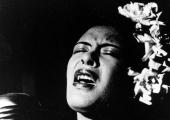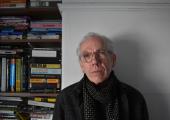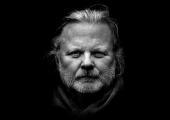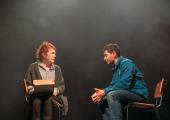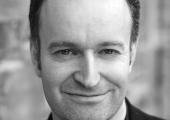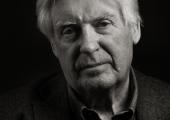Catherine Airey: Confessions review - the crossroads we bear

Family trauma repeats in this deftly strange exploration of roads not taken
Anglo-Irish author Catherine Airey’s first novel, Confessions, is a puzzle, a game of family secrets played through the generations. Set partly in New York and partly in a small town in Donegal, the book moves back and forth through time and space becoming, in the process, a compulsive read: a fascinating Russian nesting doll of family trauma.

